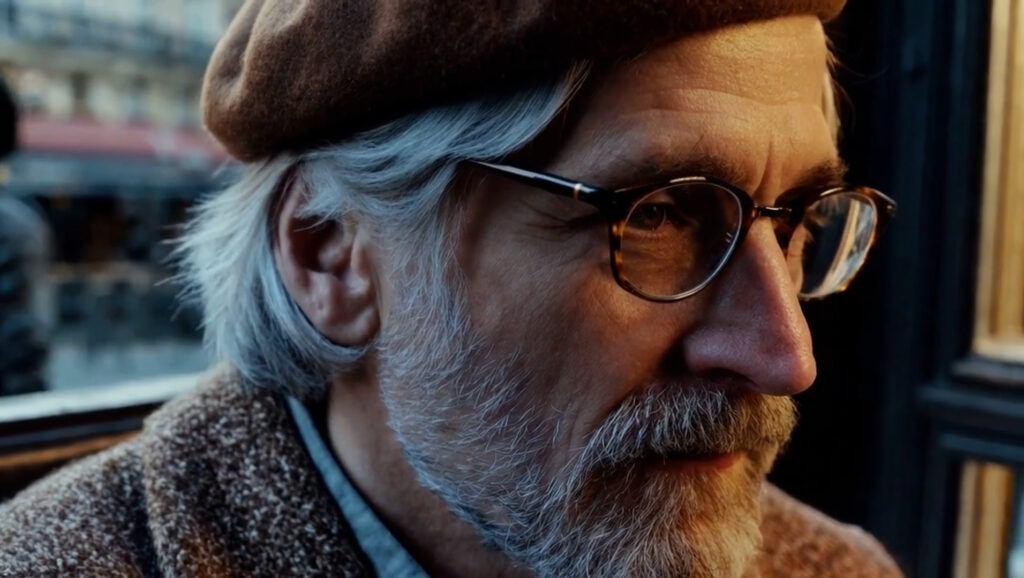By Rehana Latif, Filmmaker.
How Does AI Filmmaking Challenge Our Traditional Concepts of Cinema?

The advent of artificial intelligence (AI) has pushed the boundaries of what we previously deemed possible, infusing every facet of our lives with advancements that both simplify and complicate our understanding of reality. Cinema is not immune to this technological revolution; in fact, AI filmmaking is rapidly transforming the landscape of cinema, ushering in a new era where the real and the synthetic are increasingly indistinguishable.
Changing the Game with Sora, the AI Filmmaker
Imagine a film where the environments, characters, and events are not captured through a lens but generated by a text prompt. This is no longer the domain of sci-fi but the present reality showcased by OpenAI’s Sora. Much like watching a child develop, filmmakers have observed Sora evolve, from stitching together images to producing photorealistic, minute-long videos from textual descriptions.
OpenAI’s recent introduction of Sora to the world is nothing short of revolutionary. It’s not just the aesthetic leap forward that captures attention, but the underlying mechanics that herald a fundamental shift in content creation. Sora doesn’t just generate visuals—it conceptualizes, understands, and simulates a three-dimensional world.
The New Directors: Coders and Content Creators
If traditional filmmakers are considered masters of visual storytelling, navigating the intricate landscapes of human experiences through their cameras, how do we define those who command algorithms to weave tales? Content creators are now becoming the new directors, with the power to ask AI to produce scenes that once required entire teams to conceptualize, plan, film, and edit.
For filmmakers, especially those rooted in traditional methods of cinema, this presents both a challenge and an opportunity. AI systems like Sora can generate synthetic video content that might streamline the storyboarding process or enable the creation of imaginative scenes previously constrained by budget or physics. Yet, it asks filmmakers to redefine their craft and question the essence of their artistry.
The Implications of Idea-Based Imagery
Sora’s capabilities go beyond stitching together pixels. It constructs ideas—the idea of Lagos or Tokyo, the idea of familial connections, the idea of visual beauty. This raises a paramount question for filmmakers to consider: if AI can generate video content based on ideas, what role does the human aspect play in filmmaking?
There’s an inherent interplay between the captured and the created; both are necessary to invoke emotion and narrative resonance. Yet, as AI encroaches on this creative territory, filmmakers must introspect on the unique qualities they bring to the table that machines cannot replicate. Storytelling requires a soul, personal experiences, and the intensity of emotions that AI, in its current form, cannot possess.
The Future of Cinema
AI’s incursion into filmmaking doesn’t necessarily spell the end of traditional cinema but serves as an adjunct, a tool to be wielded by the innovative filmmaker. Copyright issues, ethical considerations, and the quality of authenticity are concerns that will require negotiation. Still, they also provide exciting avenues for experimentation and evolution.
Cinema has always been fluid, mirroring the changes and growth within society. With AI like Sora, cinema has the potential not only to reflect reality but also to create it in unprecedented ways. Ultimately, the task falls to filmmakers to ensure that amidst these profound capabilities, the heart of cinema—its ability to connect with us on a deeply human level—is preserved.
In essence, AI has not usurped the throne of traditional cinema but has instead expanded its kingdom. It challenges filmmakers to adapt and innovate, to blend their artistic vision with technological wonders, finding new means to captivate and tell stories that resonate. This partnership between man and machine stands to redefine our concepts of cinema, probing the mysteries of human creativity and challenging our understanding of reality itself.
As AI continues to evolve, it may serve as a reminder of the distinct magic human beings bring to the art of filmmaking—the ineffable touch that transforms a series of images into a narrative that moves, inspires, and endures. AI may challenge the traditional concepts of cinema, but it is up to the filmmakers to rise to the occasion and orchestrate this new symphony of storytelling possibilities.
